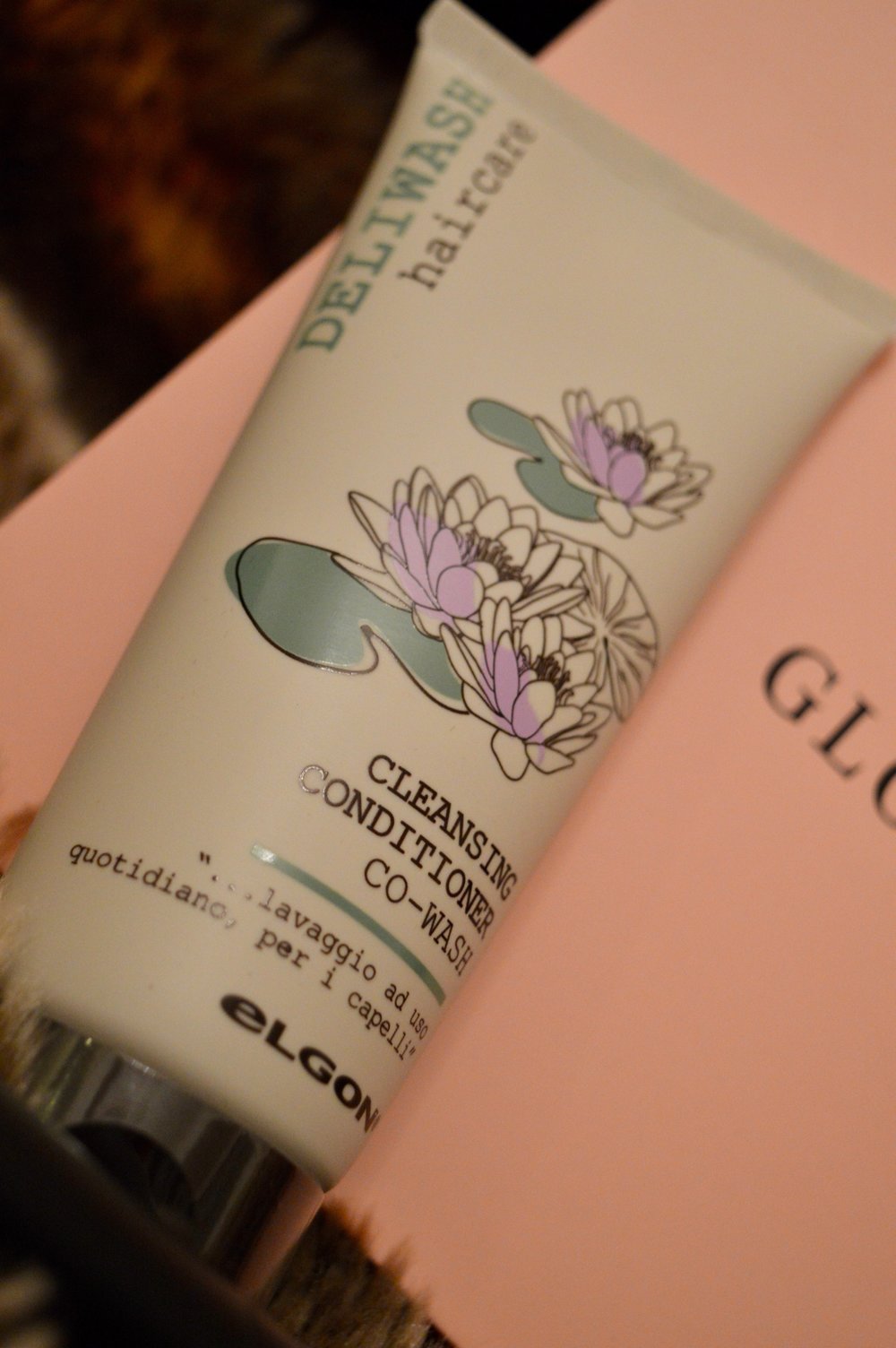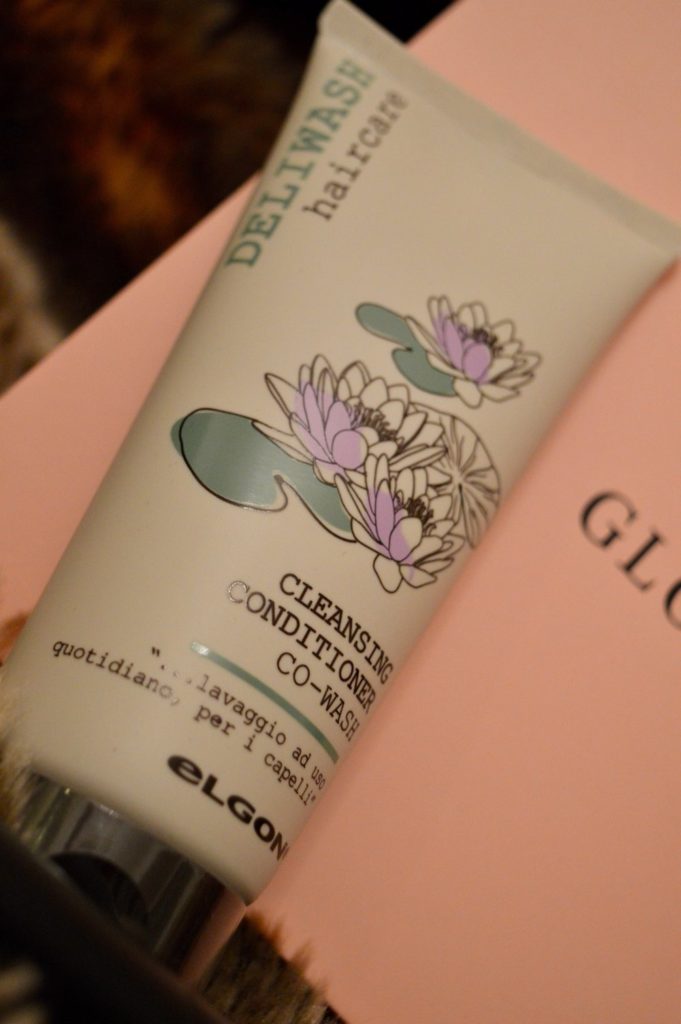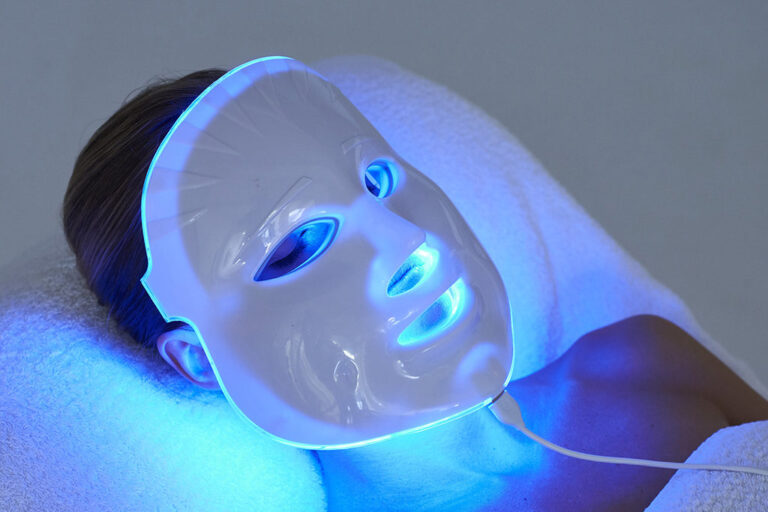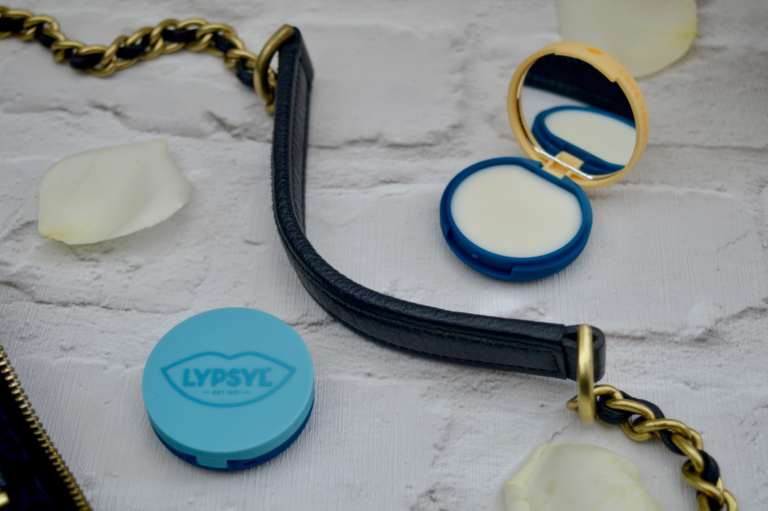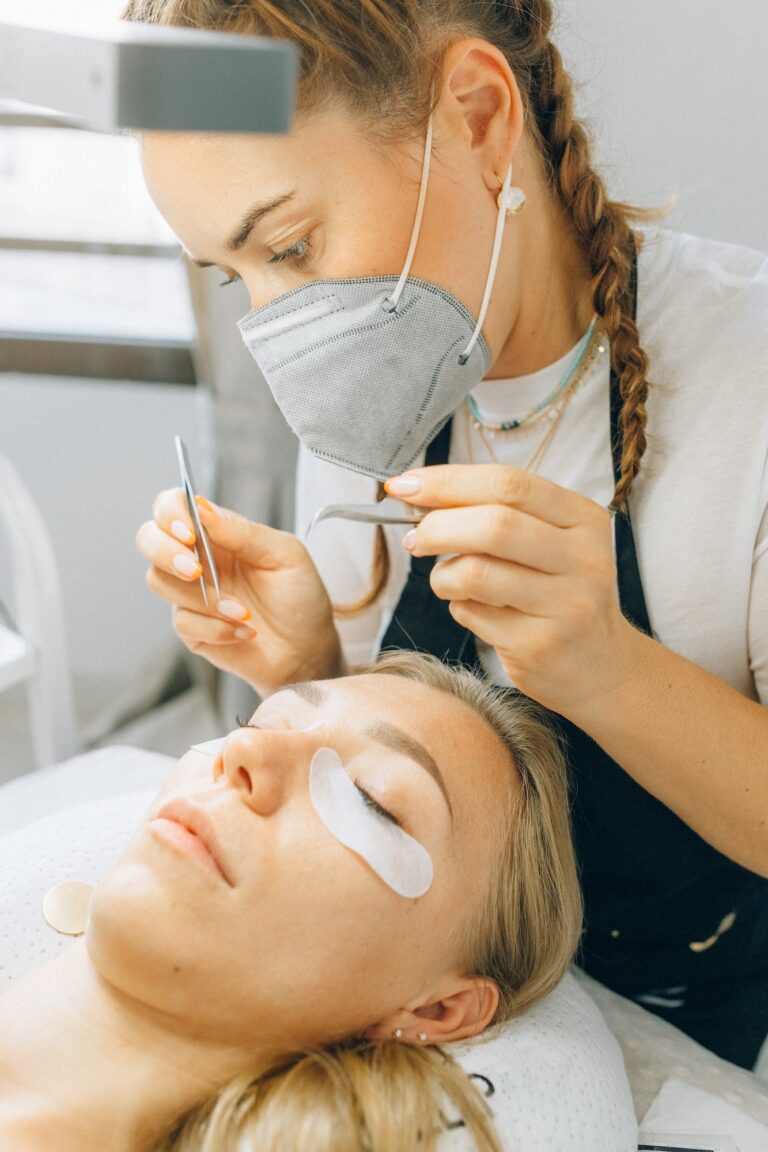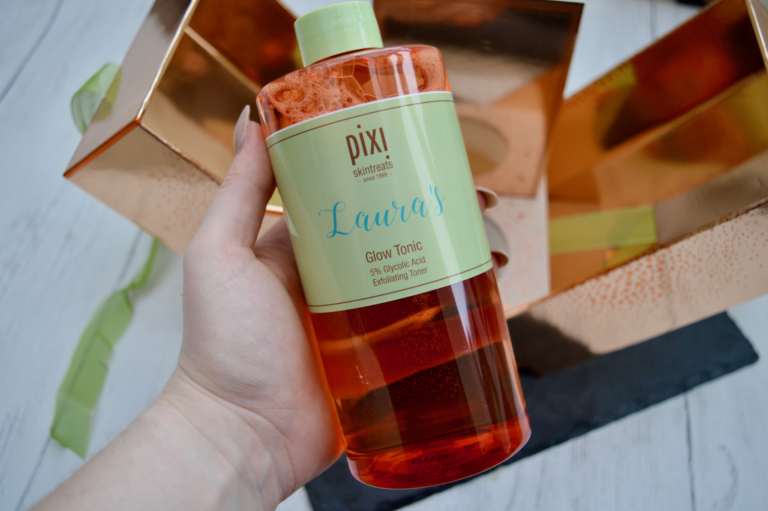How To Start A Hair Care Routine That Works For You: 3 Expert-Approved Tips
If you’re not on a hair care routine right now, don’t panic! This post is here to help. Here, we run through some expert-approved tips that can help you on your journey toward luscious locks. All the tips you’ll find here come from professionals who’ve been in the hair care industry for years and understand the ins and outs of getting beautiful hair and what’s required. It’s not something that will happen overnight but will occur with time and patience.
How To Start A Hair Care Routine That Works For You: 3 Expert-Approved Tips
Know Your Hair Type
First of all, you need to know your hair type. Your natural hair is the best indicator of where you should start your hair care journey.
You’ll need to consider whether you have:
- Wavy, curly, coily, or straight hair
- Dry or oily hair
- Fine, medium, or thick hair
These dimensions will help you find products that suit your particular hair type. For instance, if you have thin, greasy hair, you may need shampoos, oils, and conditioners that add volume and restore natural sebum balance.
If you’re not sure what type of hair you have, you can take various quizzes online. These tell you pretty quickly the type of products you should buy.
You can also consult a hair stylist or just look at your hair in its natural state and determine what type you have. If you can’t really remember what you had before, ask your regular hair care professional for their opinion and see what they say.
Identify Your Hair Goals
The next step is to identify your hair goals. This part involves thinking about what you actually want to achieve with it. For instance, you might want it to grow longer or stronger. Or you might need to add more curls or reduce frizz.
All these goals should be achievable unless your natural hair simply won’t play ball. It just requires finding the right products.
Your hair goals will guide you in finding the best treatments and ingredients. For example, if you want longer hair, you might opt for an anti-breakage shampoo to prevent split ends and thinning. Similarly, if you want small ringlets, you might start by finding the best conditioner for curly hair. These help to preserve coils while fighting natural frizziness.
Consider Your Personal Preferences
The next step is to consider your personal preferences. Think about how much time you’re willing to dedicate to your hair care routine.
The best place to start with these questions is where you are at right now. For instance, if you’re in the habit of washing your hair every week, it doesn’t make much sense to choose a style that requires daily maintenance.
You should also think about whether you prefer natural or synthetic products. For every lab-made hair potion, there is a natural counterpart.
For example, if you want to dye your hair, you can use peroxide-containing products. However, you can also use natural henna which works in a fundamentally different way. You can also opt for natural food and herb-derived ingredients in your shampoo and conditioner. These are less likely to cause hormone disruption or other unwanted effects if they make their way into your body.
Finally, you might want to consider any allergies or sensitivities. You may react badly to some ingredients in commercially-prepared hair care products.
The more you consider these factors, the more you can choose a hair care routine that suits your lifestyle requirements.
Have Fun
Of course, the most important part of the entire hair care process is to have fun. While other people might have routines that are great for them, it’s your job to find those that are suitable for you.
Remember, there’s no one-size-fits-all when it comes to hair care. You’ll need to try multiple products and application frequencies to find what works best for you.
Don’t be afraid of switching things up from time to time if you feel the urge to experiment. Often, that’s what leads to your biggest breakthroughs. Remember that your hair is beautiful, just like you, no matter how you decide to style it.
So, there you have it: how to start a hair care routine with some expert-approved tips. Hopefully, the information presented here was useful and helpful. If you have any comments or want further guidance on any of the issues raised, please browse this site.

